The text was first published at Russia Direct
Given the rising tensions between Russia and the U.S., it is becoming even more difficult for think tanks in these two countries to avoid being pulled into an emotionally charged ideological debate over the Kremlin's policy in Ukraine.
At the time of increasing U.S.-Russia confrontation and partisan thinking over Ukraine, it is becoming difficult for think tanks in these two countries to straddle between two extreme viewpoints. In some cases, these think tanks are even coming under media criticism for their stances or political pressure from top policymakers.
Case in point: recent accusations in the Western media that the Carnegie Endowment’s Moscow branch is becoming a channel of pro-Kremlin analysis. The Daily Beast characterized subtle policy shifts by the Carnegie Moscow Center that appear to be more sympathetic to the Kremlin as a form of "appeasement.” These accusations have been met with mixed reactions: some experts found them fair and well-researched, while the others saw these accusations as a case of selectively cherry-picking specific columns or papers.
Yet, most importantly, the situation with the Carnegie Moscow Center reflects a broader, more troublesome trend: the partisan thinking of experts both in the U.S. and Russia. This controversy, which some describe as an “ideological divide,” has been catalyzed by the events in Ukraine and the Kremlin’s response to them.
This divide has been marked with the emergence of iconoclast experts in the media. And Russia and the U.S. each have had their own mavericks: Princeton Professor Stephen F. Cohen in the U.S. and Andrei Zubov, a former professor of Moscow State Institute of International Relations (MGIMO-University) in Russia.
In March 2014, Zubov was reported by the media to have lost his job for coming up with an opinion in Vedomosti in which he compared Russia’s policy in Ukraine with Nazi Germany's Anschluss with Austria in 1938. Earlier this year, Cohen was also severely ridiculed by American media and his peers as an “apologist” for Russian President Vladimir Putin. The reason is that he expressed a non-mainstream view in his article “Distorted Russia” warning against the demonization of the Russian president and calling for a more nuanced approach to understand his motives and interests in Ukraine.
Evgeny Minchenko, the president of the International Institute for Political Expertise, argues that there is “a headlong increase” in the “ideological divide” among Americans and Russians. He saw it for himself during his recent trip to the U.S. and after his return to Russia.
He visited America in 2014 to study the experience of U.S. political campaigns and gave a number of talks at American universities and think tanks, including the Carnegie Endowment for International Piece (CEIP). Minchenko witnessed the reluctance of some people to listen to another position and discuss alternative views.
“During one of my speeches an expert raised his hand and asked me: ‘Do you see Putin as a criminal?’ ‘No, I don’t,’ I said. He stood up and left the room. It is not the best way to talk,” Minchenko told Russia Direct.
Minchenko argues that today, under pressure of their convictions, some pundits are losing the ability to look at international challenges and Russia objectively, with those pundits who try to straddle between two extremes facing “serious pressure.”
Likewise, in Russia, ideology steps in where a healthy balance steps down. In fact, there is a great deal of demand on one-sided ideology-driven analysis, which Minchenko describes as “cavemen anti-Americanism.” And it stems from the inability and, most importantly, lack of desire, of some pundits to understand the position of the United States and this country, Minchenko argues.
Any attempts to understand the West and their political system are usually met with more skepticism from ideology-driven Russian experts.
As Minchenko said, some of his peers responded with a great deal of suspicion about his initiative to study the American and British parliamentary elections, when he presented his reports about how Western democracy works during political campaigns.
On the other hand, some pro-Western experts in Russia are also reluctant to negotiate with their pro-Kremlin peers and blindly support the Western narrative, Minchenko added pointing out that "there are still some middle-of-the-road pundits like me, who try to find a healthy balance in such a polarized atmosphere."
Likewise, Ivan Kurilla, a former Kennan Institute fellow and a professor at European University at St. Petersburg, hasn’t witnessed a significant ideological schism among his colleagues. At the same time, Mikhail Troitskiy, a Moscow-based political and international affairs analyst, doesn’t think that there is “any serious ‘ideological divides’ these days in the world in general and certainly between the United States and Russia.” He finds such comparison “elusive” and exaggerated.
“I didn’t see that academics were in open confrontation because of their political views,” he told Russia Direct. “If we talk about academics, not about propagandists, they always take into account different points of views and models.”
However, in the times of social tensions and differences, these models and explanations offered by experts might become dangerously closer to those used by propagandists. And this is the space where an ideological conflict might come about, Kurilla warns.
Although there is no agreement on the question of an ideological divide among pundits, the case of the Carnegie Endowment is indicative. It sends a warning message to the academic and expert community in both Russia and the U.S. And the message is that the credibility crisis in Moscow-Washington relations is becoming a matter of national interest of both Russia and the U.S.
The fact that there is no agreement on the nature and fairness of the accusations about the Carnegie also means that experts find it increasingly challenging to straddle between two extremes.
For example, Jeffrey Mankoff, deputy director and fellow with the Center for Strategic International Studies (CSIS) Russia and Eurasia Program, described the Daily Beast article as a “good analysis of the Carnegie Moscow Center's sad decline” in his Facebook post, while many Russian and American experts pointed to the high level of political bias of the story.
At the same time, Gregory Feifer, a writer and the former Moscow correspondent for Radio Free Europe and National Public Radio, sees the article as “well-researched” and “provocative.” He argues that it “paves new ground by inserting a topic into public debate” and raises “a sensitive issue” that illustrates “the extent to which analysis of Russian politics and foreign policy is affected by an almost ideological split fueled by Putin’s challenge to Western policymakers.”
“You don’t have to agree with the conclusions to acknowledge its serious questions about the role corporate money plays in the debate about Russiaas well as the quandary facing Western institutions that want to engage with influential Russians,” Feifer told Russia Direct. “It’s relevant because you can be sure the Kremlin is considering every possibility of influencing foreign organizations.”
In contrast, Nicolai N. Petro, professor of political science at the University of Rhode Island specializing in Russia, argues that the story “is laced with emotional judgments—Russian policies are ‘xenophobic,’ the Crimean annexation is an ‘Anschluss’—while gathering ‘insights’ about purportedly dramatic changes in the Carnegie Endowment's views from disenchanted ex-employees with an axe to grind.”
Columbia University Professor Emeritus Robert Legvold sees the “attacks” on the Carnegie Moscow Center as a wrong move that “will actually weaken the resources available to U.S. policy makers.” Likewise, many Russian experts, including Minchenko, Andrei Sushentsov of MGIMO-University and Andrei Kortunov, General Director of the Russian International Affairs Council (RIAC), don’t take seriously the accusations about Carnegie.
Sushentsov argues the lack of realistic thinking in the U.S. today is one of the reasons behind the attack on the Carnegie Moscow Center. According to him, those who try to understand the logic of the Kremlin’s policy, like the Carnegie Endowment does, are met with criticism by those who don’t care about the future of U.S.-Russia relations.
“Their thinking is based on the zero-sum game or black-and-white categories: for them, if Russia is winning, the U.S. is losing. And they have a lot of public space to maneuver,” Sushentsov told Russia Direct.
“If you look through the website [of the Carnegie Moscow Center] and read articles, you can easily find there people with critical thinking and attitude toward many aspects of what is currently going on in Russia,” said Kortunov, pointing out that such accusations stem from the lack of understanding of how the Carnegie Moscow Center works.
But what brings experts with different views together is the recognition that the attacks on the Carnegie Center (and the ways of how they are made in the media) are not a good sign. Like his Russian counterpart, Feifer admits that The Carnegie Endowment “often provides excellent analysis of Kremlin policy” and he is very concerned about the very nature of the debate in the U.S. about Russia.
“No one has a monopoly on the truth, and that’s why the real issue for me is the breakdown of constructive debate between both sides,” he said. “It’s the loss of civility, the increasing scarceness of respectful disagreements that I worry about. Putin’s propaganda machine is successful in this case because it’s helping weaken the implicit trust that’s a necessary part of open debate in free societies.”
Legvold is also very disappointed with such a trend.
“Of the many characteristics marking the contemporary U.S.-Russian confrontation reminiscent of the Cold War, one of the more disagreeable is the poisoning of the discourse in both countries,” he told Russia Direct. “Too many Americans who disagree with fellow Americans and too many Russians who disagree with fellow Russians prefer to slander rather than argue with those with whom they disagree.”
The Carnegie Moscow Center case also reveals the challenges facing think tanks and drives the expert community to assess the role that an analytical center should play in the current situation.
“The Carnegie Center’s experience is unique,” explains Kortunov. “After all, it is an American organization, it is the branch of The Carnegie Endowment in Washington, it is funded with U.S. money, but it is located in Moscow and it is comprised of mostly Russian experts. So, it is a non-standard organization with its own specific aspects, challenges and opportunities.”
Indeed, the Center was created as a platform for U.S.-Russia dialogue to bring together people with different views and foster a good debate over issues that matter. Yet, what is most intriguing is that some observers even suspect that the Center is a CIA agent, a “fifth column” or a home for spies from the U.S. Department of State.
“Criticism from both sides means that the Center does its job well and keeps its balance,” Kortunov said, adding that keeping a balance in a highly polarized discourse will inevitably lead to attacks.
It is also becoming very difficult to work for Russian think tanks during times of highly partisan thinking, but they have other challenges. As RIAC general director Kortunov certainly knows. One of the main problems is the perception of think tanks by Russia’s political elites and pundits themselves.
“A certain part of Russian society and political establishment see think tanks as other channels of propaganda,” Kortunov said. “But it seems to me not to be the case. Unlike some media, the function of think tanks is not to propagandize the official position of the government, but rather to analyze it, find drawbacks in it, propose some recommendations, contribute to resolving problems and forming the foreign policy agenda. If you don’t do it and become the mouthpiece of official elites, so, does it make sense to establish analytical centers?”
Other challenges mentioned by Kortunov and some of his Russian and American peers are the difficulties of straddling between patriotism and criticism, between financial independence and political bias. All these balances are very subtle and delicate, because usually independence and partisan politics are at odds.
“I believe that all think tanks incline to the biases of their funders. One might imagine that being overcome by obtaining diverse funders, including possibly government funding. I suspect that this model has never worked because, to paraphrase [Prussian military strategist Carl von] Clausewitz, "think tank production is merely war by other means," Petro told Russia Direct.
The more challenges think tanks face today, the more relevant the need to respond to these challenges becomes.
Troitskiy argues that international analytical centers should demonstrate “full analytical rigor” to prove that it is not a channel of anyone's agenda.
“That includes, first and foremost, being driven in research by the most natural, unavoidable questions dictated by reality. Slipping towards secondary issues would always be perceived as an attempt to avoid a discussion of an obvious yet politically sensitive or otherwise difficult subject,” he said.
Kortunov agrees. He believes that think tanks should talk about the problems without whitewashing them or passing over inconvenient aspects. Yet while criticizing, it is necessary to come up with specific, critical and practical recommendations of how to resolve challenges.
“And this is the main difference between those who really seek to resolve the problem on the one hand and those who are glad that these problems exist, angry when these problems go away” and who are ready to blindly criticize just for sake of criticism – on the other hand,” he said.
Michael McFaul, former U.S. Ambassador to Russia and now a professor at Stanford University, argues think tanks “probably need a little less opinion and a little more research these days, where data plays a bigger role in these discussions.”
“In academia, you can’t get away with just stating an opinion strongly and calling that an argument,” he told Russia Direct. “You need a hypothesis and then evidence to support that claim. What I find missing in the debate about U.S.-Russia relations these days are academic voices.”


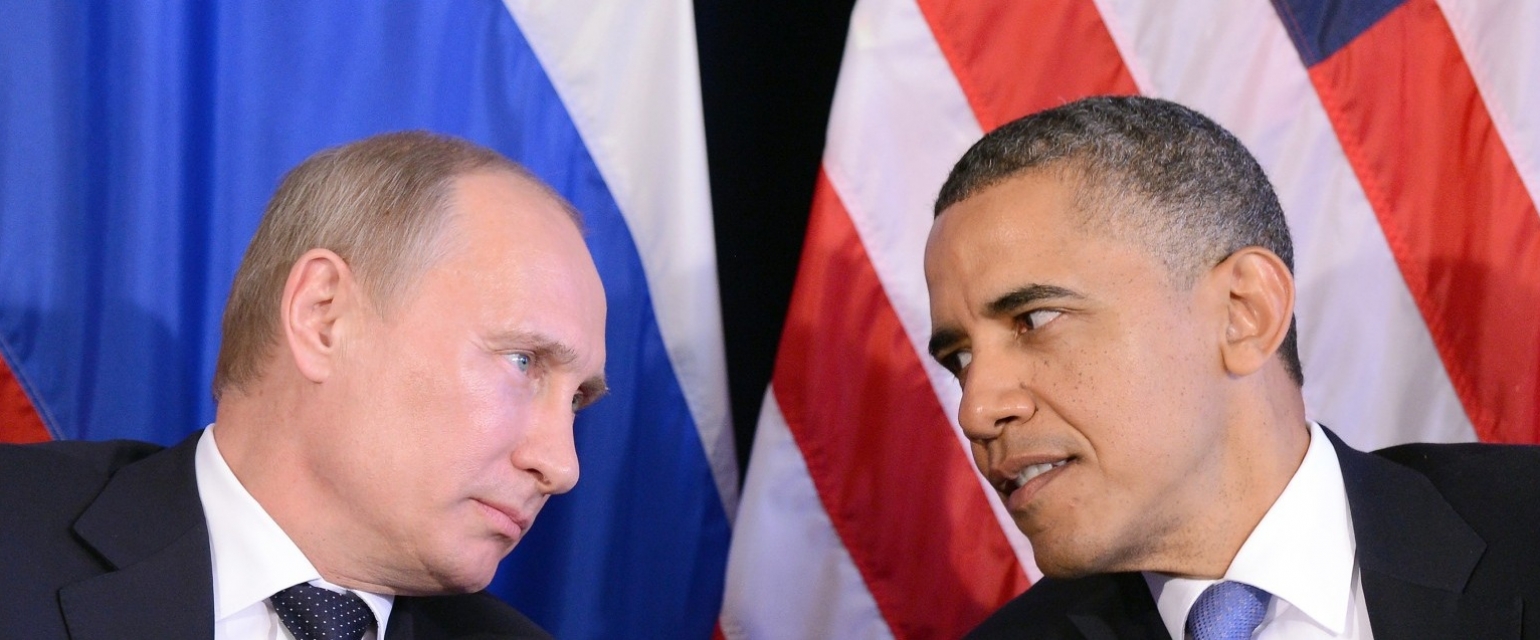
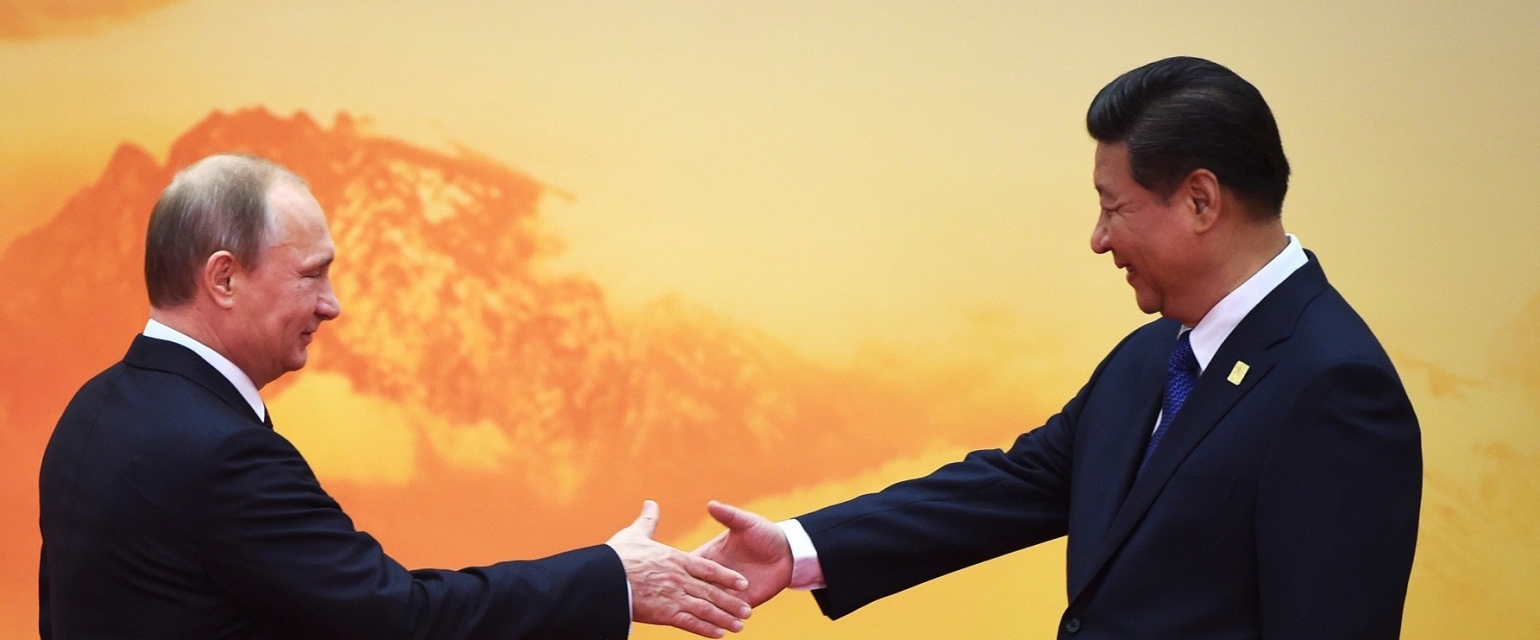
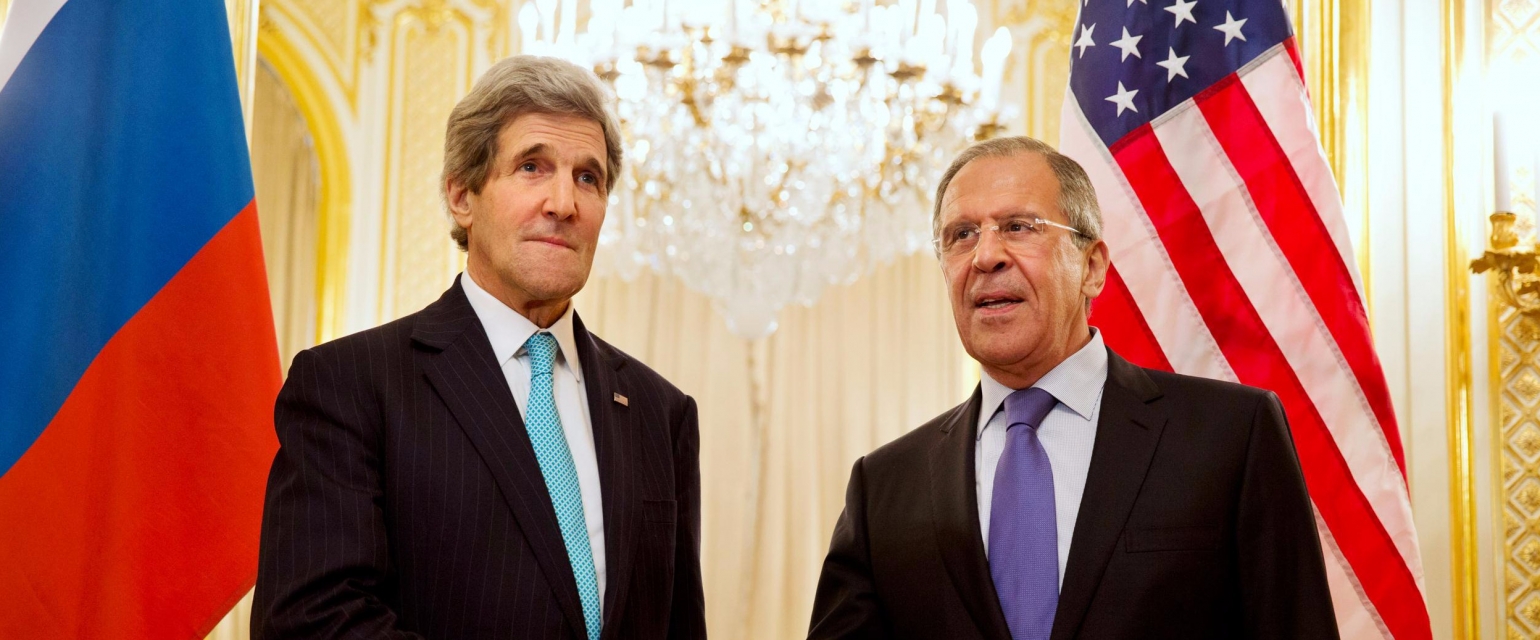
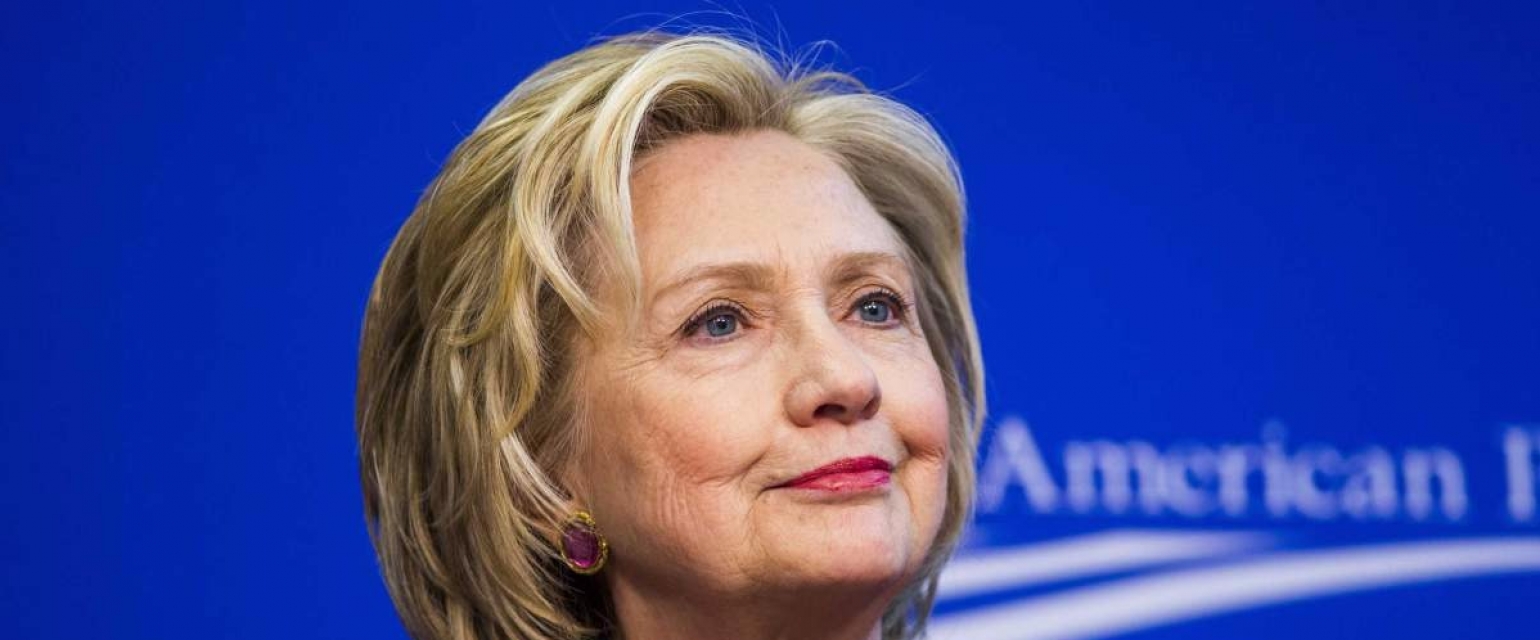
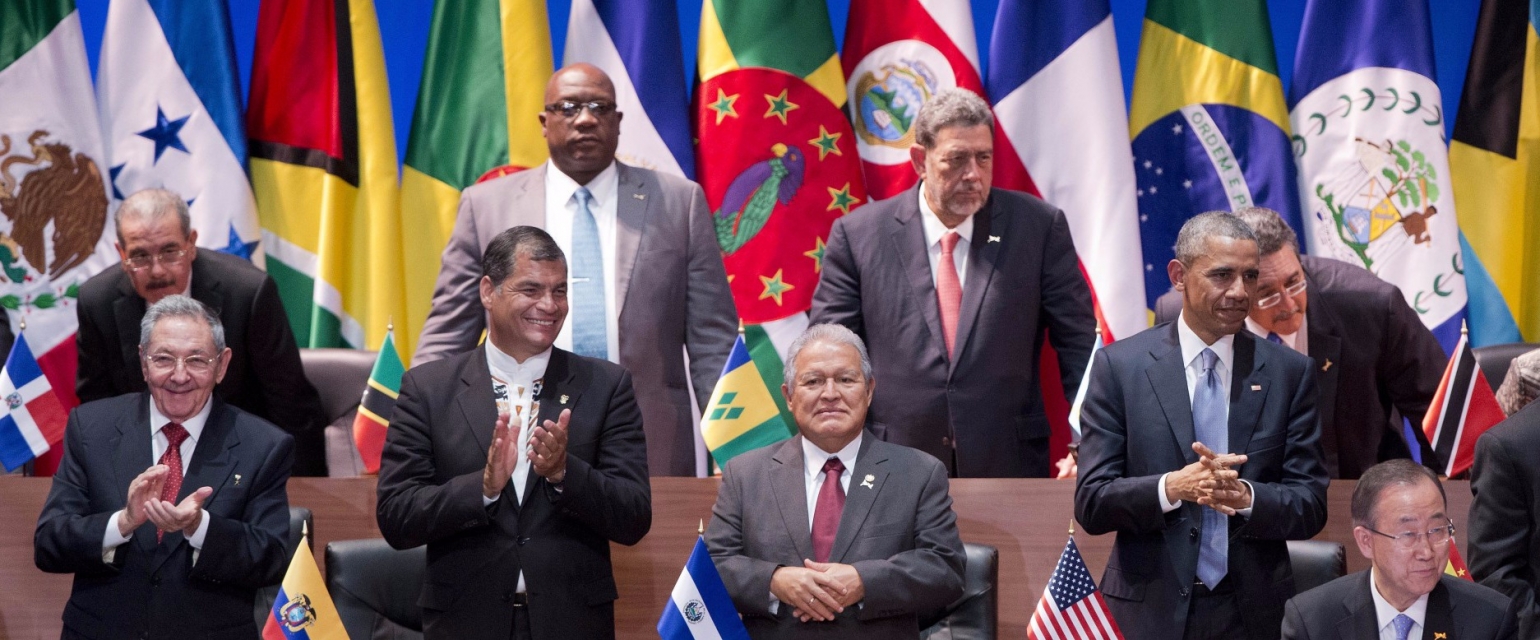





 To top
To top